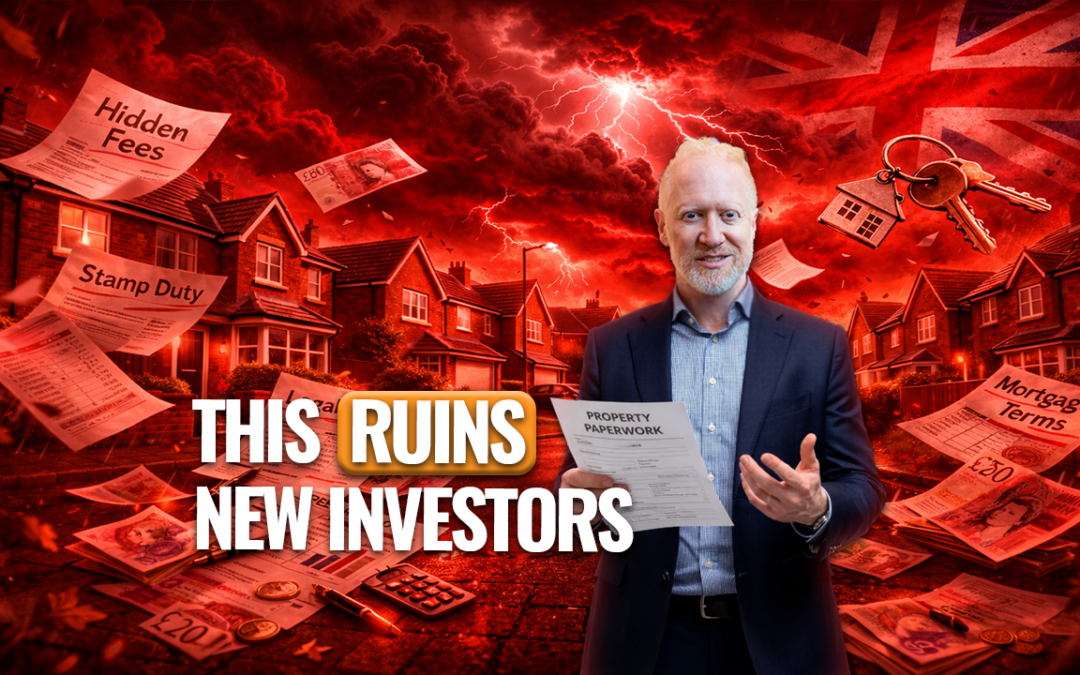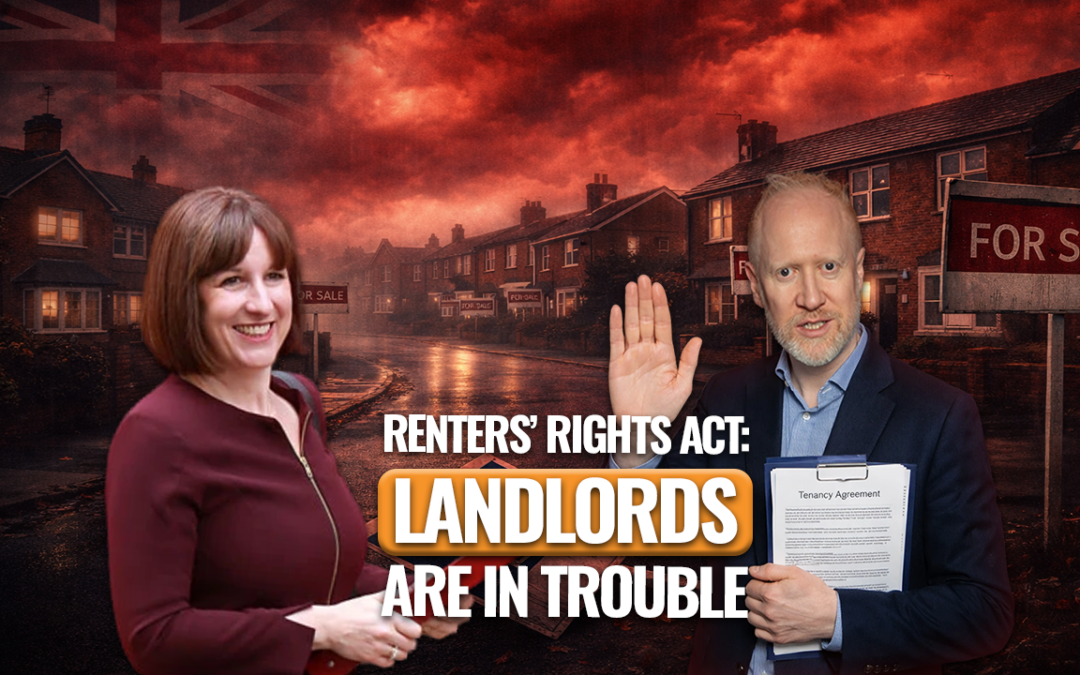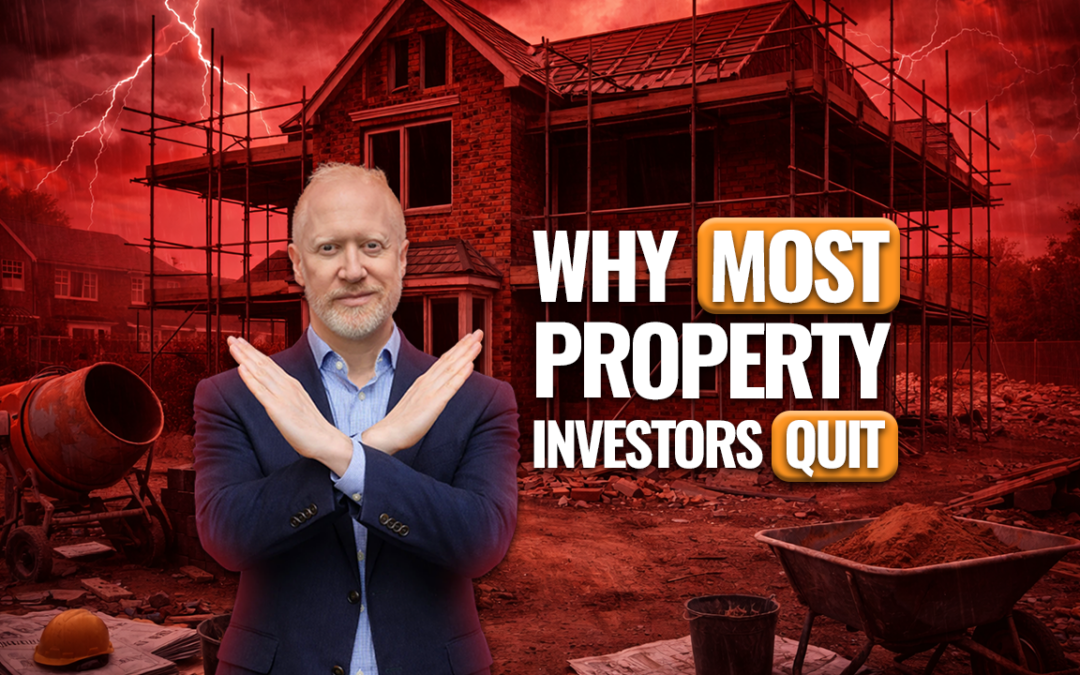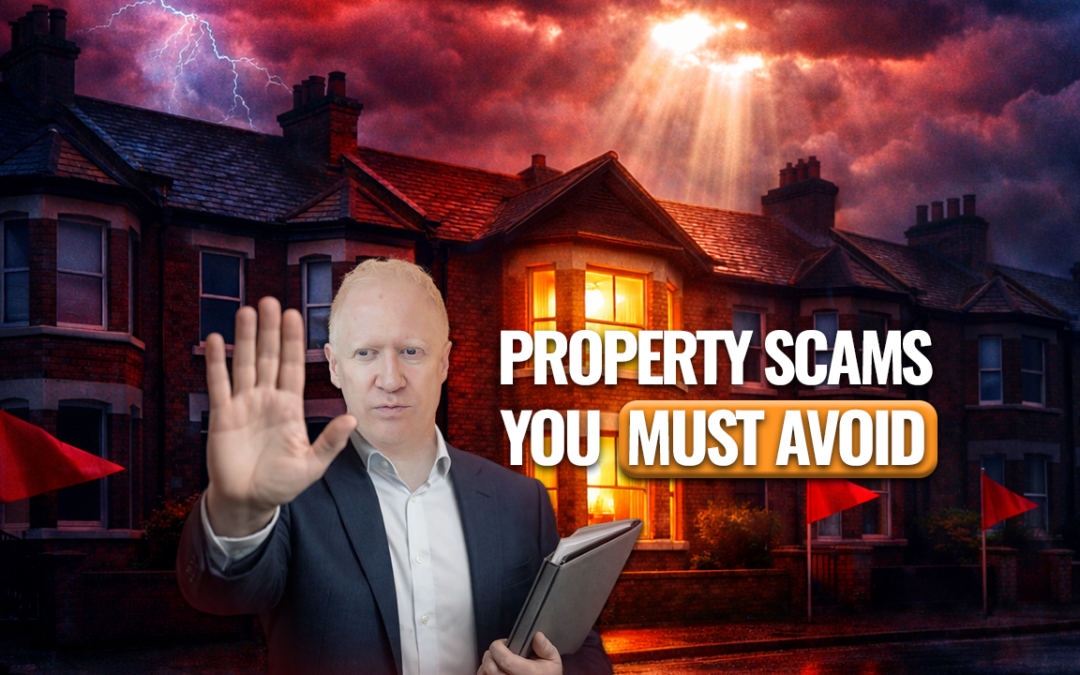There’s a great deal of concern and anxiety among landlords right now, particularly around the Renters’ Rights Bill, due to be introduced later this year, probably around October. Many landlords fear the worst, and this uncertainty is understandable. There’s significant campaigning and lobbying taking place, especially by organisations like the National Residential Landlords Association (NRLA) and influential industry figures such as Paul Shamplina from Landlord Action. The good news is that government officials seem receptive to landlords’ concerns and are revising some of the more challenging aspects of the proposed bill.
The Reality Behind the Renters’ Rights Bill
Interestingly, the Renters’ Rights Bill is not a new initiative from Labour; it’s actually a rebranded version of the Renters’ Reform Bill originally proposed by the Conservative government a few years ago. Labour inherited it and changed its name to differentiate their policies from the previous Conservative administration. Regardless of its origins, the aim of the bill is commendable—to improve conditions for tenants and protect their rights.

The Real Impact on Landlords
There’s no argument against fair tenant protections; being a good landlord means providing quality housing and treating tenants with respect. Unfortunately, new legislation often disproportionately impacts responsible landlords, while the rogue landlords, who are a minority but cause most of the issues, continue to evade enforcement. We saw a similar pattern when HMO licensing came into effect; good landlords followed the new rules diligently, but the problematic ones largely ignored them.
Are Landlords Unfairly Labelled?
Landlords often receive unfair treatment and negative labels from the media and critics who lump all landlords together as exploitative or uncaring. This portrayal overlooks the millions of responsible landlords who provide essential housing solutions. While it’s crucial to challenge bad landlords, broad-brush legislation and negative stereotypes can discourage good landlords, ultimately harming tenants due to reduced housing availability.
Why Are Landlords Leaving the Market?
Increasingly, landlords are questioning whether property investment remains worthwhile. Legislative changes, like Section 24 tax rules (introduced in April 2017), have significantly impacted landlords’ profitability, especially when coupled with rising interest rates since 2022. Some landlords have found themselves facing higher mortgage costs, paying tax on profits they haven’t actually realised (“phantom profits”), and seeing overall diminishing returns. As a result, tens of thousands of landlords have already exited the market.
What Does This Mean for Property Investors?
The exodus of landlords from the market has created a significant reduction in available rental properties, driving rents upward. Ironically, policies designed to support tenants have inadvertently worsened the housing shortage, increasing financial pressure on renters. Moreover, tighter regulations might encourage landlords to be more selective, potentially disadvantaging tenants who are financially vulnerable or facing challenges managing their money.
Is There Still an Opportunity in Property Investing?
Despite the challenges, property investing remains highly attractive, especially if you’re informed and strategic. The UK continues to face a substantial housing shortage, with the government committed to facilitating the construction of around 300,000 new homes per year. However, governments themselves do not build homes—they aim to stimulate developers and the housing market.

Is There Still an Opportunity in Property Investing?
Despite the challenges, property investing remains highly attractive, especially if you’re informed and strategic. The UK continues to face a substantial housing shortage, with the government committed to facilitating the construction of around 300,000 new homes per year. However, governments themselves do not build homes—they aim to stimulate developers and the housing market.
Why Now Could Be the Perfect Time to Invest
With many landlords exiting, there are unique opportunities for investors entering the market. Properties already set up as serviced accommodations or HMOs are now available, often at more attractive prices or flexible terms. The current market dynamics—characterised by lower competition and falling interest rates—make now an ideal moment to act.
Although some investors are waiting for interest rates to drop further, delaying could backfire. If everyone waits for lower interest rates, the market may experience a surge in demand in late 2025, increasing competition and prices. Right now, it’s a buyer’s market—there are more sellers than buyers, allowing savvy investors to negotiate favourable deals, discounts, or flexible purchasing arrangements like lease options or vendor finance.
The next six months are crucial. If you act now, you’ll likely secure better deals than if you wait. It’s a time for action, education, and strategic investments to build or expand your property portfolio.
Invest wisely, invest with knowledge, and use the current market conditions to your advantage.











